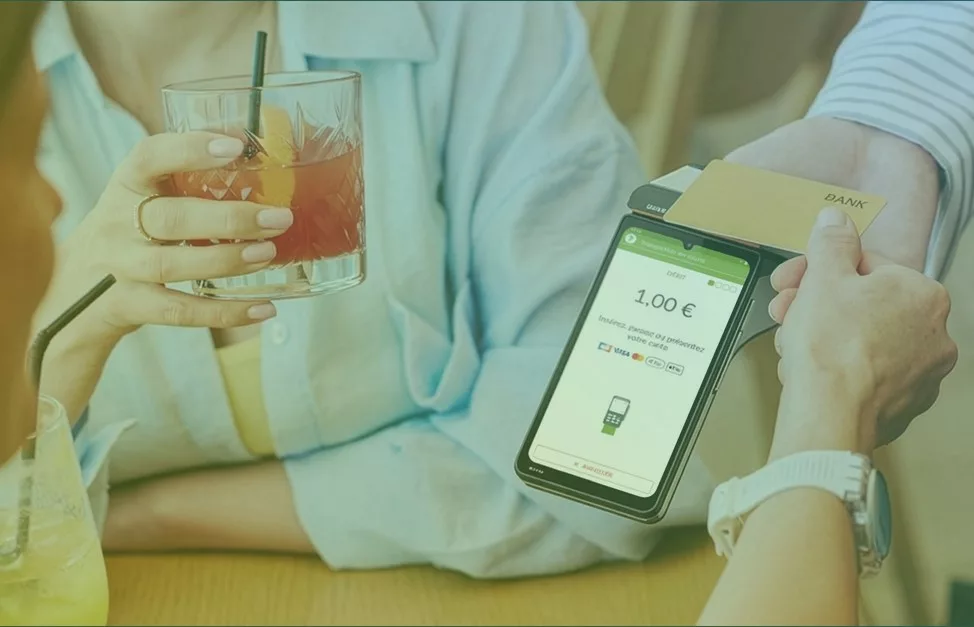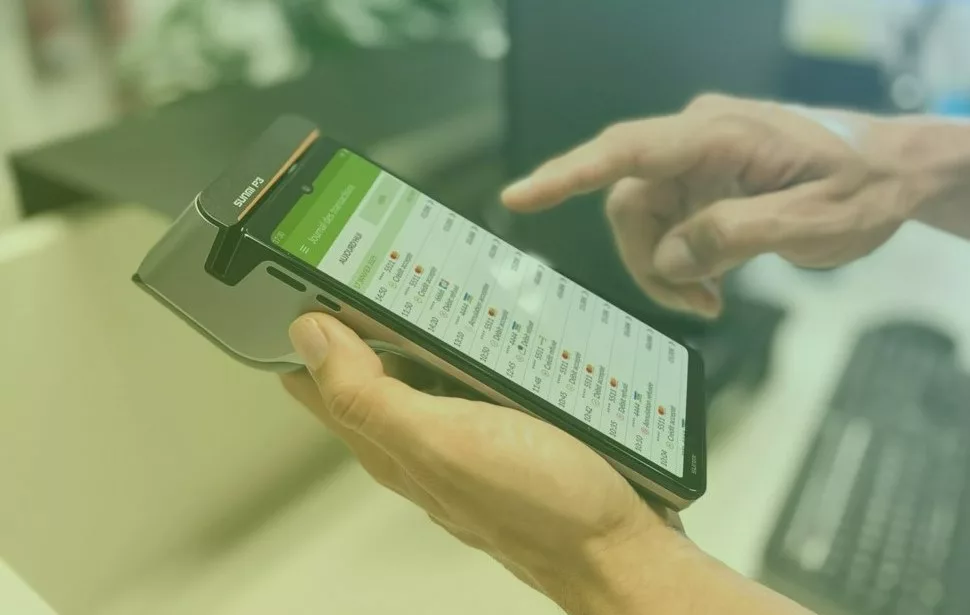Are you thinking about setting up your online store or are you in the early stages of your business? Don’t you have integrated digital payments yet?
Then stay tuned for this post. You will know that your customers are looking for a reliable and secure payment solution to make their transactions and purchase the product or service you offer. And although it sounds easy, it’s a complex path if you don’t choose the right payment provider. Today we want to talk to you about card payment solutions as one of the most popular alternatives on the market.
Are you going to miss it?
Card payment solutions on the market
The advance of technology and the continuous evolution of the Fintech sector are revolutionising every day the payment methods we use to buy or sell products and services. At PayXpert we want to make a stop at card payment solutions, as they are a popular alternative among users around the world.
Payment by credit or debit card means that a card is issued by a bank and associated with an account to which payments are debited. However, debit cards, unlike credit cards, do not need the exact amount to make the purchase, as they allow you to pay and pay back at a later date.
Over the years, this method has become one of the most popular in the UK, thanks to its convenience and ease of use. Not only does it allow cash to be withdrawn from ATMs, but it also allows payments to be made at point-of-sale (POS) terminals. Cards are involved, directly or indirectly, in numerous forms of payment:
- Payment by bank transfer. This consists simply of transferring money from one account to another. In other words, it is the process by which a payer sends money to a beneficiary. These transfers can be domestic, foreign or cross-border, and the account from which the transfer is made is usually associated with a card from which to withdraw cash or pay in establishments, among other things.
- Mobile payment. This is directly related to the previous payment system, since mobile payment allows financial transactions to be made. This is undoubtedly one of the most popular contactless payment methods. Its characteristics vary depending on the provider, which may be a bank, a credit card or an alliance between different companies.
- POS. This is one of the most secure payment methods on the market, both physical and online. It is very secure for purchasing any product or service and consists of paying the final cost of what is purchased. The payment is made from the card when the seller has a POS. In short, it allows to manage the tasks related to the sale. Thanks to dataphones, payment by credit or debit card is a simple process. This system consists of hardware and software.
- Payment gateways. We’ve all used them at one time or another to shop online. They are payment platforms that facilitate the process, as well as offering multiple advantages (internationalisation, multi-client, operating in attended and unattended environments, etc.). Their security requirements include SSL security certificates, Address Verification Systems (AVS), and the security standards regulated by the Payment Card Industry (PCI). On the SSL side, its protocols help us to know when a server is 100% secure. It provides data encryption between the parties (card issuing entity, online store and banks).
With the globalised digital leap, the next step for eCommerce will be to integrate all its sales channels to improve the user experience and optimise costs. And to do this, online payment gateways, as well as card tokenization, have become some of the most secure options in the electronic market. They guarantee the security of payment data, even in multi-channel processing.
Perhaps the world of e-commerce is at one of those ideal times to start accepting online payments. Whichever method you choose, make sure that each transaction is made through the correct acquiring option, taking into account the card issuer, the buyer’s financial conditions, risk control, the geographic location of the buyers and their payment habits. The ultimate goal is to improve the conversion rate while controlling risk exposure.
Is it necessary to require a minimum purchase to pay by card?
I’m sure this has happened to you at some point. Many establishments still require a minimum purchase to use a card, but does it make sense to do so in a world where it is increasingly common to pay for any product by card? Bakeries, pharmacies, hairdressers, taxis…. There are very few who do not have a dataphone to charge their customers.
What many of them are not yet aware of is that limiting card payments can affect business profitability. Although you save a few cents, you lose customers who are not allowed to pay for small purchases. And now, in times of the Covid-19 pandemic, all the more so.
“In the UK, the interchange rate fees, the commission paid by businesses for making a card charge, is set to 0,3% by regulation since 2015.” (ValuePenguin)
What payment methods are you using in your business? Are you doing anything to reduce the risk of fraud and other financial vulnerabilities? What value do credit and debit cards have in your online store? Do you have a certification that enables your company to process card payments securely?
Tell us all your questions. At PayXpert we can listen to you without obligation.




